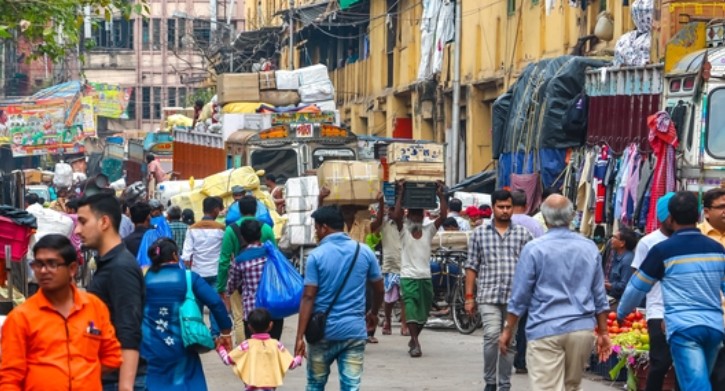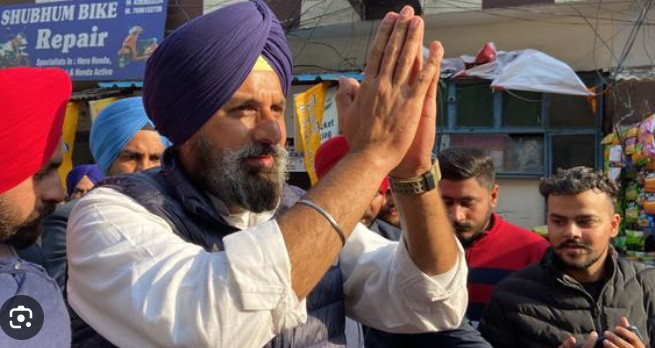The long-standing legal battle involving Shiromani Akali Dal (SAD) leader Bikram Singh Majithia witnessed another significant chapter as the Supreme Court of India, in a decision that drew considerable attention across political and legal circles, rejected the Punjab government’s appeal seeking the cancellation of Majithia’s bail. This verdict solidifies Majithia’s current status of liberty as he continues to face charges in an alleged high-profile drug trafficking case that has stirred political debate and public scrutiny in the state of Punjab for years.
The Punjab government, through its legal counsel, had approached the apex court to challenge the decision of the Punjab and Haryana High Court, which had earlier granted bail to Majithia. In its plea, the state argued that the gravity of the allegations and the sensitivity of the case merited stricter custodial investigation, and that allowing Majithia to remain free could impede the judicial process. The case itself is rooted in a charge sheet filed by the Punjab Police in 2021 under the Narcotic Drugs and Psychotropic Substances (NDPS) Act. The charges alleged that Majithia had played a significant role in facilitating and shielding narcotics smugglers during his time as a powerful political figure in the state.
Despite the gravity of the accusations, the Supreme Court bench, after thoroughly examining the evidence presented and the procedural developments of the case, concluded that there were no sufficient grounds to overturn the bail granted by the High Court. The judges observed that Majithia had been cooperating with the investigation, and that no material had been produced by the state to prove that he had tampered with evidence or influenced witnesses while out on bail. They further stated that bail, once granted, should not be revoked lightly, especially in the absence of compelling reasons indicating that the accused had misused his liberty.
This verdict has political and legal ramifications. For Majithia, it is undoubtedly a relief, as remaining out on bail allows him to continue engaging in political activities and preparing his legal defense without the constraints of judicial custody. For the Punjab government, however, this represents a setback in its pursuit of what it claims is justice for those affected by the drug menace that has plagued the state for decades.
Bikram Majithia, a senior SAD leader and former cabinet minister, has consistently maintained his innocence. He has alleged that the case against him is politically motivated and orchestrated by rival political parties to tarnish his image and damage the credibility of his party ahead of electoral contests. His legal team has asserted that the case lacks direct evidence linking him to any drug syndicate and is built primarily on unverified statements and circumstantial evidence.

The opposition, particularly the Aam Aadmi Party (AAP) government in Punjab, had placed the case at the center of its anti-corruption and anti-drug campaign. After coming to power, the AAP government promised a thorough and transparent investigation into the alleged nexus between politicians and drug cartels in Punjab. The decision by the Supreme Court, therefore, not only delays their political ambitions regarding this case but also raises questions among supporters who were expecting swift and stringent action against individuals accused in the drug trade.
Reactions to the verdict have been mixed across Punjab. Supporters of the SAD hailed the judgment as a vindication of Majithia’s stand and criticized the ruling government for what they termed as “vindictive politics.” SAD leaders stated that the court’s decision reinforces their long-held view that the case was not only weak in evidence but driven by political motives.
On the other hand, critics argue that this decision reflects the challenges of bringing powerful individuals to account in complex drug-related cases where evidence is hard to gather, and witnesses may be unwilling to testify due to fear or pressure. Several activists and anti-drug campaigners expressed disappointment but reaffirmed their belief in the judicial process, urging continued vigilance and perseverance in the fight against drug abuse and trafficking.
From a legal standpoint, the rejection of the appeal also underlines the judiciary’s cautious approach in interfering with personal liberty, especially when the accused has not misused bail conditions. The Supreme Court has time and again reiterated that bail is the rule and jail the exception, particularly when a case is under investigation and trial has not begun or has not shown significant progress.
In Punjab, where the drug crisis has devastated numerous families and communities, the symbolism attached to cases like that of Majithia is significant. They represent broader societal demands for accountability, transparency, and justice in confronting the deep-rooted drug networks that operate with impunity.
As the case proceeds in the trial court, the state government will now have to focus on strengthening its prosecution with concrete evidence and credible testimonies. The focus will likely shift to the courtroom where the merits of the case will be contested. For Majithia, the road ahead is still laden with legal battles, though the immediate threat of arrest has been lifted.
Meanwhile, the larger conversation about drug abuse in Punjab continues. Many citizens and civil society organizations argue that while individual prosecutions are important, they must be part of a broader, more strategic policy that addresses the supply chains, provides rehabilitation for addicts, and strengthens grassroots enforcement. The disappointment over the bail decision, for some, is not just about Majithia but about the slow pace and often politicized nature of justice in cases involving the powerful.
In conclusion, while the Supreme Court’s ruling is legally sound based on procedural fairness and lack of new incriminating evidence post-bail, the political and emotional undercurrents surrounding the case are far from settled. The state of Punjab remains vigilant, with both political parties and the public watching closely as the trial continues. For the legal system, the coming months may provide an opportunity to demonstrate how justice can be served impartially and effectively in cases involving both powerful individuals and deeply rooted social problems like the drug epidemic.


